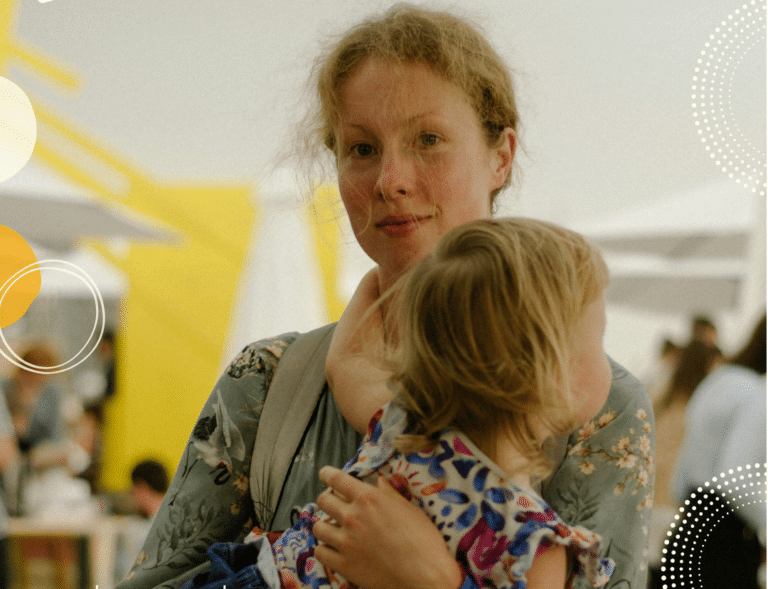How parents’ self-esteem affects children
Self-esteem naturally ebbs and flows throughout life. Many parents find that their self-esteem takes a dive when they have young children, for example. Children make huge demands on our time and that can make it hard for us to get a sense of achievement or to look after our own needs. However, parents can take active steps to improve low self-esteem and it is important that we do. Because parents’ self-esteem affects children and it can be a huge influence on our child’s mindset.
When parents have high self-esteem, we tend to be more optimistic and to transmit that positive mindset to our children. Adults who have good self-esteem have also often been raised in an environment that was high in praise. When we become parents, that makes it much more natural for us to provide the warmth and positive reinforcement that help children thrive.
Adults who have grown up hearing a lot of criticism, on the other hand, may have a tendency to be self-critical or to set impossibly high standards. We might be quick to point out to children what they have done wrong or how they could have done better or forget to celebrate their successes. Unless we make a conscious effort, it can be easy to repeat the negative patterns of our own upbringing.
How we talk to ourselves as adults is also an important influence on our children’s self-esteem. If we make negative comments about ourselves – about how we look, for example – that can influence how children talk to themselves and how their feel about their bodies. And if low self-esteem is preventing you from trying out new things, or making you avoid social challenges, that might also reduce your child’s opportunities to seek out new challenges. Children are watching us all the time and learning from what parents do – and what we don’t do.
When parents’ self-esteem is positive, we are likely to bounce a little more lightly over the bumps that inevitably come with family life. And we are less likely to feel overwhelmed by our children’s big emotions or to feel threatened when they push back at our boundaries.
However, if we feel unsure about our self-worth, parents can sometimes turn to our children to bolster our self-esteem – demanding affirmation from our children to plug holes in our own self-belief. Or we can overreact when children are confrontational because it triggers difficult feelings of rejection or failure. That can make it much harder to be a calm and consistent parent and to provide the warmth and boundaries that children need.
The good news is that there are lots of things that we can do to boost our self-esteem. Here are a few ideas.
Focus on the positives
It’s easy to slip into the habit of noticing what we haven’t done. But when we focus on failures, these can get out of proportion in our minds’ eye. One simple thing that parents can do to boost our own self-esteem is to make a conscious effort to remind ourselves of all the things we are getting right. At the end of the day, take a minute to think back to the successes and happy moments that have happened that day. Rather than dwelling on your shortcomings, focus on the positives.
Have realistic expectations
If your self-worth is low, could it be that you are setting the bar impossibly high for yourself? When we have limited time with our children, we can feel a lot of pressure for family time to be perfect and argument-free. But that’s unrealistic – parenting inevitably involves setting boundaries for our children and managing conflict. When we set unrealistic expectations for ourselves or our families, we often end up blaming ourselves, which drags our self-esteem downwards.
Catch your blaming thoughts
Rather than thinking about what you ‘should’ or ‘must’ do, be pragmatic. Use statements like “It would be great if I could do that sometimes” or “I’d like to do that a bit more often.” Encourage yourself for what you are getting right and give yourself some credit.
Self-care matters
I know you have a long To Do list and self-care always seems to slip to the bottom of the list. But it is important to make time to look after yourself, no matter how busy you are. Small acts of self-care send a big signal to ourselves that we are worth looking after and that we matter. If you can’t fit in big acts of self-care, why not try self-care snacking instead?
Don’t compare
Try not to compare yourself to others – and especially not to the images you see of other families on social media. Nobody’s life is perfect. What we see on social media are the curated best bits, not reality.
Reach out
If you feel that low self-esteem is having a negative on your parenting, do reach out for help. That might be professional support from a counsellor or therapist or perhaps some practical support from a family member or a parenting coach.
Remember, if you aim for perfection in parenting, you will always feel like a failure. What children need is for parents to be good enough, not perfect. So, celebrate your successes, forgive yourself your mistakes and be kind to yourself.
You might also like to read: How to be a present and connected parent after a day at work






